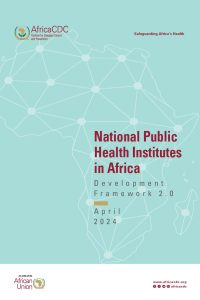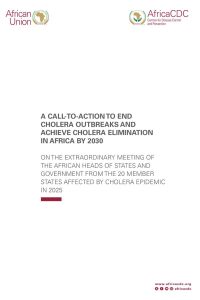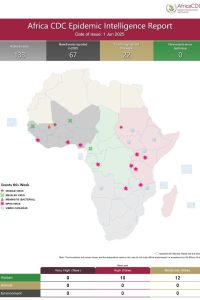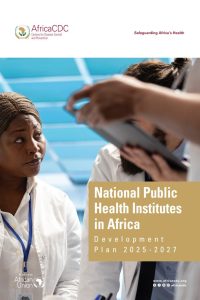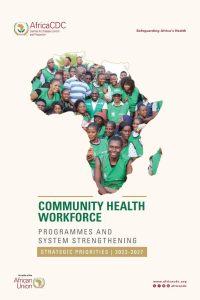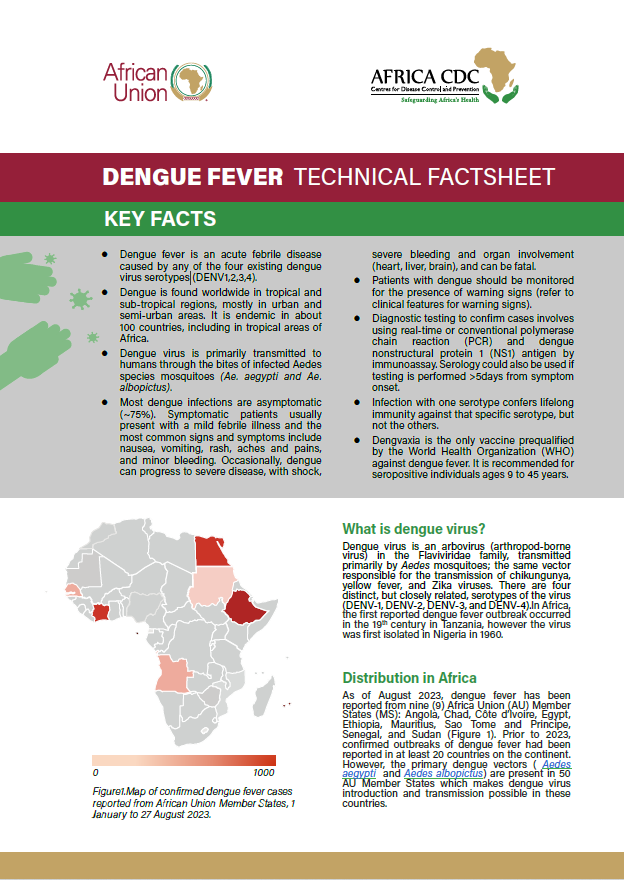
- Version
- Download 1894
- File Size 239.67 KB
- File Count 1
- Create Date 5 September 2023
- Last Updated 5 September 2023
Dengue Fever Technical Factsheet
KEY FACTS
Dengue fever is an acute febrile disease caused by any of the four existing dengue virus serotypes (DENV1,2,3,4).
● Dengue is found worldwide in tropical and sub-tropical regions, mostly in urban and semi-urban areas. It is endemic in about 100 countries, including in tropical areas of Africa.
● Dengue virus is primarily transmitted to humans through the bites of infected Aedes species mosquitoes (Ae. aegypti and Ae. albopictus).
● Most dengue infections are asymptomatic (~75%). Symptomatic patients usually present with a mild febrile illness and the most common signs and symptoms include nausea, vomiting, rash, aches and pains, and minor bleeding. Occasionally, dengue can progress to severe disease, with shock, severe bleeding and organ involvement (heart, liver, brain), and can be fatal.
● Patients with dengue should be monitored for the presence of warning signs (refer to clinical features for warning signs).
● Diagnostic testing to confirm cases involves using real-time or conventional polymerase chain reaction (PCR) and dengue nonstructural protein 1 (NS1) antigen by immunoassay. Serology could also be used if testing is performed >5days from symptom onset.
● Infection with one serotype confers lifelong immunity against that specific serotype, but not the others.
● Dengvaxia is the only vaccine prequalified by the World Health Organization (WHO) against dengue fever. It is recommended for seropositive individuals ages 9 to 45 years.
Attached Files
| File | Action |
|---|---|
| Dengue Fever Technical Factsheet | Download |

